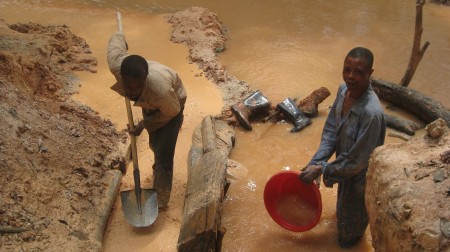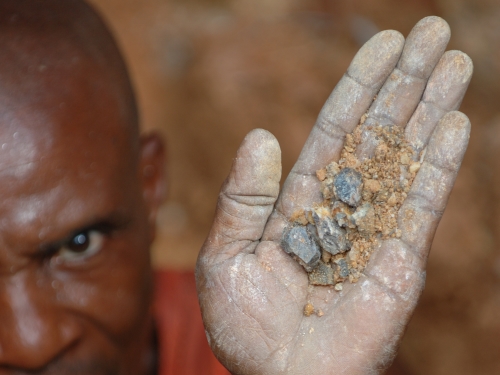
This article was originally published by the Institute for Security Studies (ISS) on 2 March 2016.
Many resource-rich states across the globe have used revenues from mining to finance their development. In Africa, however, a lack of sufficiently robust or effectively enforced regulatory systems often means that states lose vast amounts to the illicit trade of natural resources.
In the Democratic Republic of Congo (DRC), the scourge of illegal resource acquisition and smuggling has been taking on a new dimension with terrorist groups becoming increasingly involved.
The Institute for Security Studies (ISS) is currently conducting a research project that tracks illicit financial flows related to resource extraction in the DRC.
Our studies have found that where multinationals were once the major players, terror groups are now increasingly joining the criminal networks that extort minerals from the eastern part of the country. This underscores the need for urgent and drastic measures to improve natural resource governance, both in the DRC and the broader region.
According to a 2009 report in African Business magazine, the total mineral wealth of the DRC is estimated to be about US$24 trillion: equal to the gross domestic product (GDP) of Europe and the United States combined. The country is home to the world’s largest reserves of cobalt, along with vast quantities of diamonds; so-called 3T minerals (tin, tungsten and coltan – which are mostly used in electronics such as laptops and mobile phones); gold; copper and others.

